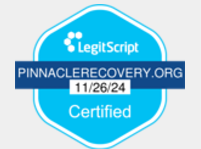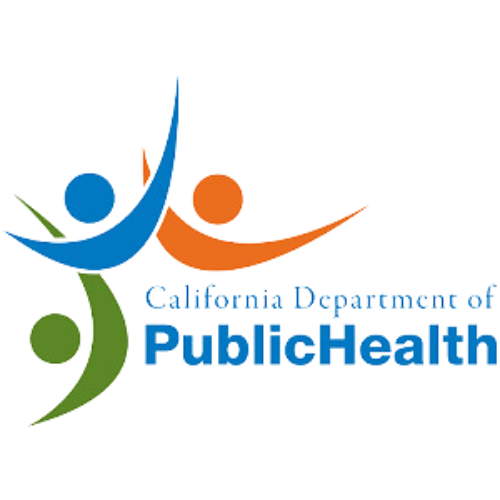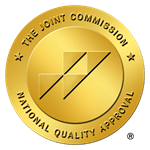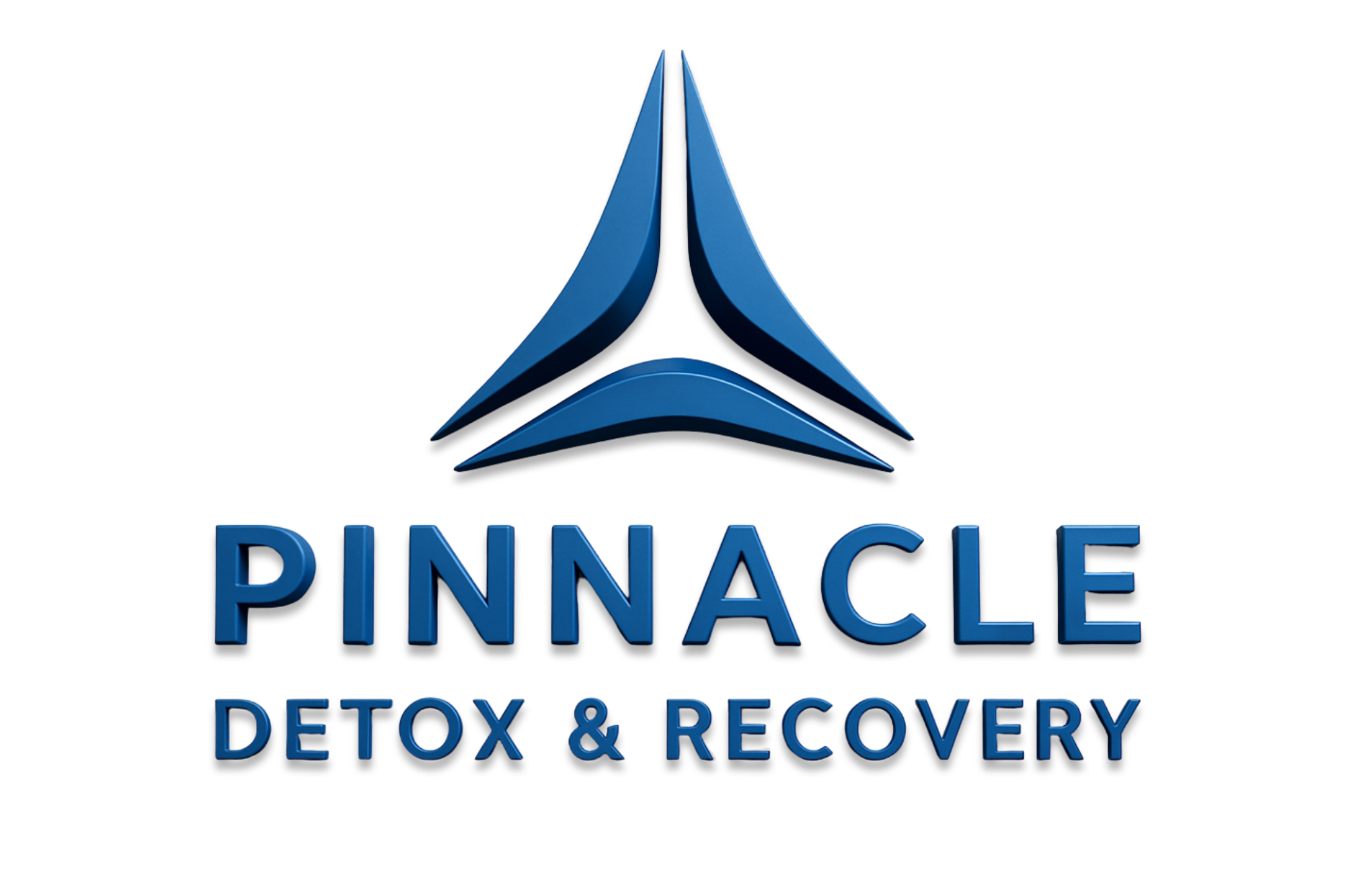During
cocaine recovery, you'll experience intense
physical and mental symptoms, particularly in the initial week. Expect disrupted sleep patterns, muscle aches, and severe mood swings. You may notice changes in appetite, cognitive function, and emotional stability. Physical withdrawal peaks around days 3-5, while
psychological symptoms like anxiety and depression can persist longer. Cravings and sleep issues may continue for months, making professional support indispensable. Understanding these phases helps you prepare for each
recovery milestone ahead.
The First 7 Days: Physical Withdrawal Symptoms
When cocaine use stops, your body enters an
acute withdrawal phase that typically spans the initial seven days of recovery. You'll likely experience intense fatigue and
disrupted sleep patterns, ranging from excessive sleeping to insomnia.
Physical discomfort, including muscle aches, headaches, and chills, usually peaks within days 3-5.
Your appetite regulation will shift dramatically as
metabolic changes occur, leading to increased hunger and potential cravings for carbohydrate-rich foods. Medical supervision is crucial during this period as
proper detox management can significantly reduce relapse risk. You may notice weight fluctuations and occasional digestive issues. Physical symptoms will be most intense, reaching their
peak within 72 hours of your last use.
Physical cravings for cocaine will be most intense during this period, often triggered by stress or environmental cues.
Irritability and agitation are common emotional responses during the first week of withdrawal.
While these symptoms can be uncomfortable, they're generally not medically dangerous. Your heart rate will slow as your body readjusts, and you might experience
temporary difficulties with concentration and short-term memory.
Mental Health Changes During Early Recovery
Beyond the physical symptoms, early cocaine recovery brings significant
mental health challenges that shape your healing process. You'll likely experience
cognitive impairments affecting attention, memory, and
decision-making abilities. These changes, combined with
psychiatric comorbidities like depression and anxiety, can make your
recovery expedition more complex. However, with sustained abstinence, many of these symptoms gradually improve. Research shows that as recovery progresses, patients experience improvements in
prefrontal brain regions that support better cognitive functioning. Studies indicate that approximately
23.5% of patients continue weekly cocaine use in the year following treatment. Social support and building relationships with non-using friends are crucial, as patients with
more non-using friends show better transitions to abstinence.
- Your attention span and memory may be reduced, making daily tasks more challenging
- You might feel emotionally unstable, with mood swings and increased irritability
- Anxiety and depression symptoms commonly emerge or intensify during early recovery
- Decision-making and problem-solving abilities may temporarily decline
- You could experience periods of low motivation and emotional numbness
Understanding these mental health changes helps you prepare for and manage them effectively while your brain chemistry rebalances.
Understanding Sleep Disruptions and Fatigue
During cocaine recovery, you'll likely face substantial disruptions to your sleep patterns that can persist for months or years after cessation. Following cessation,
sleep rebounds dramatically, particularly in REM sleep phases. Research indicates that
combined cannabis use can further reduce total sleep time compared to cocaine use alone. These disruptions can become chronic, as
sleep disturbances continue even after cocaine withdrawal. You may experience sleep perception errors, where you think you're sleeping better than you actually are, often overestimating your total sleep time by about 40 minutes. Chronic sleep impairment affects roughly 35% of people in recovery, who get less than seven hours of sleep nightly.
| Sleep Issue |
Early Recovery |
Long-term Impact |
| REM Sleep |
Increased latency |
Gradual normalization |
| Total Sleep |
40+ min decrease |
Persistent reduction |
| Daytime Effect |
Excessive sleepiness |
Ongoing fatigue |
| Sleep Quality |
Poor restoration |
Slow improvement |
| Recovery Risk |
High relapse risk |
Continued vulnerability |
Watch for signs of insomnia, daytime sleepiness, and persistent fatigue, as these symptoms can profoundly impact your recovery success and daily functioning.
Managing Mood Swings and Emotional Recovery
While
sleep disruptions can strain your recovery pathway, managing
mood swings presents its own set of challenges. During
cocaine recovery, you'll likely experience rapid shifts between depression, anxiety, and brief periods of improved mood. These
emotional fluctuations can trigger cravings and increase relapse risk, especially during the initial two weeks of withdrawal.
Chronic cocaine use fundamentally alters brain chemistry, leading to long-term changes in emotional regulation. Your
social support networks play a pivotal role in stabilizing these mood changes and providing emotional validation. The intense
lack of pleasure during withdrawal can make daily activities feel meaningless and demotivating. Many individuals initially turned to cocaine to
self-medicate symptoms of underlying mental health conditions.
Social support is crucial for stabilizing intense mood swings during cocaine recovery, helping prevent relapse when emotions feel overwhelming.
- Practice structured counseling techniques like CBT to develop effective coping strategies
- Maintain regular physical activity and consistent sleep schedules to support mood stability
- Engage with peer support groups for shared experiences and emotional validation
- Avoid substance-related environments that might trigger intense mood swings
- Consider professional help if you experience severe depression or suicidal thoughts
Long-Term Recovery and Persistent Symptoms
As you advance through
cocaine recovery, several enduring symptoms can challenge your long-term success. You'll likely experience
powerful cravings that can persist for months or even years, especially during stressful periods or when encountering triggers from your past use.
Ongoing
cognitive deficits may affect your attention, memory, and decision-making abilities, particularly if you've had a lengthy history of use. Research shows that individuals maintaining
long-term frontal recovery demonstrate higher brain activity when controlling impulses and making rational decisions. Patients seeking treatment face a concerning statistic where
survival rate is 50% within the first 7.5 years after detoxification admission. You might notice persistent
physical health issues, including cardiovascular problems and respiratory complications that require continuous medical attention. For those seeking additional information online, some recovery resources may be temporarily unavailable due to
security measures designed to protect sensitive health content.
Depression, anxiety, and sleep disturbances often remain present during recovery, while social and economic challenges may take time to resolve. Recall that
lengthier treatment engagement enhances your chances of
sustained recovery, and while these symptoms can be challenging, they typically become more manageable with proper support and continued care.
Frequently Asked Questions
Can Cocaine Withdrawal Symptoms Be Managed Safely at Home Without Medical Supervision?
While you can manage
mild cocaine withdrawal at home, it's not recommended due to
significant home detoxification risks. You'll face intense cravings, depression, and potential suicidal thoughts that require
professional monitoring. Although withdrawal isn't typically life-threatening, professional support benefits include medical supervision, crisis intervention, and psychological care. If you choose home detox, guarantee you have emergency contacts, support systems, and immediate access to medical help if needed.
How Does Cocaine Recovery Affect Relationships With Family and Friends?
Your
cocaine recovery can substantially strain relationships with loved ones. You'll likely face challenges in
rebuilding trust due to past behaviors, broken promises, and emotional damage. Family members may feel hesitant to reengage, while you might experience guilt and isolation. However, strengthening family bonds is possible through consistent communication, maintaining
sobriety, and professional
family therapy. Your commitment to recovery can gradually restore damaged relationships and create healthier connections.
What Lifestyle Changes Can Help Reduce Cocaine Cravings During Recovery?
You can substantially reduce
cocaine cravings by establishing consistent daily exercise routines and healthy meal planning. Focus on
nutrient-rich foods while avoiding processed sugars that can trigger cravings. Make sure you're getting 7-8 hours of sleep nightly and practice
stress-reduction activities like yoga or meditation. Creating a structured daily schedule, maintaining supportive relationships, and engaging in mindful activities will help you manage urges and strengthen your recovery path.
When Is It Safe to Return to Work During Cocaine Recovery?
You'll need
medical clearance before returning to work, typically after
acute withdrawal symptoms subside (4-14 days). Consider a gradual return schedule, starting with reduced hours or lighter duties. Discuss workplace accommodation needs with your supervisor or HR, as you may require flexibility during early recovery. If you're in a
safety-sensitive position, you'll need to demonstrate cognitive and emotional stability before resuming full duties, which could take several weeks.
Do Prescription Medications Interfere With Cocaine Withdrawal and Recovery Process?
Most
prescription medications won't interfere with your
cocaine withdrawal and recovery when properly prescribed and monitored by healthcare providers. However, you'll need to be cautious about
prescription drug interactions and over-the-counter medication usage. Always inform your healthcare team about any medications you're taking. Some medications, like
benzodiazepines, require special attention due to their addiction potential. Your doctor may adjust dosages or switch medications to optimize your recovery while managing withdrawal symptoms safely.
 When cocaine use stops, your body enters an acute withdrawal phase that typically spans the initial seven days of recovery. You'll likely experience intense fatigue and disrupted sleep patterns, ranging from excessive sleeping to insomnia. Physical discomfort, including muscle aches, headaches, and chills, usually peaks within days 3-5.
Your appetite regulation will shift dramatically as metabolic changes occur, leading to increased hunger and potential cravings for carbohydrate-rich foods. Medical supervision is crucial during this period as proper detox management can significantly reduce relapse risk. You may notice weight fluctuations and occasional digestive issues. Physical symptoms will be most intense, reaching their peak within 72 hours of your last use. Physical cravings for cocaine will be most intense during this period, often triggered by stress or environmental cues. Irritability and agitation are common emotional responses during the first week of withdrawal.
While these symptoms can be uncomfortable, they're generally not medically dangerous. Your heart rate will slow as your body readjusts, and you might experience temporary difficulties with concentration and short-term memory.
When cocaine use stops, your body enters an acute withdrawal phase that typically spans the initial seven days of recovery. You'll likely experience intense fatigue and disrupted sleep patterns, ranging from excessive sleeping to insomnia. Physical discomfort, including muscle aches, headaches, and chills, usually peaks within days 3-5.
Your appetite regulation will shift dramatically as metabolic changes occur, leading to increased hunger and potential cravings for carbohydrate-rich foods. Medical supervision is crucial during this period as proper detox management can significantly reduce relapse risk. You may notice weight fluctuations and occasional digestive issues. Physical symptoms will be most intense, reaching their peak within 72 hours of your last use. Physical cravings for cocaine will be most intense during this period, often triggered by stress or environmental cues. Irritability and agitation are common emotional responses during the first week of withdrawal.
While these symptoms can be uncomfortable, they're generally not medically dangerous. Your heart rate will slow as your body readjusts, and you might experience temporary difficulties with concentration and short-term memory.
 During cocaine recovery, you'll likely face substantial disruptions to your sleep patterns that can persist for months or years after cessation. Following cessation, sleep rebounds dramatically, particularly in REM sleep phases. Research indicates that combined cannabis use can further reduce total sleep time compared to cocaine use alone. These disruptions can become chronic, as sleep disturbances continue even after cocaine withdrawal. You may experience sleep perception errors, where you think you're sleeping better than you actually are, often overestimating your total sleep time by about 40 minutes. Chronic sleep impairment affects roughly 35% of people in recovery, who get less than seven hours of sleep nightly.
During cocaine recovery, you'll likely face substantial disruptions to your sleep patterns that can persist for months or years after cessation. Following cessation, sleep rebounds dramatically, particularly in REM sleep phases. Research indicates that combined cannabis use can further reduce total sleep time compared to cocaine use alone. These disruptions can become chronic, as sleep disturbances continue even after cocaine withdrawal. You may experience sleep perception errors, where you think you're sleeping better than you actually are, often overestimating your total sleep time by about 40 minutes. Chronic sleep impairment affects roughly 35% of people in recovery, who get less than seven hours of sleep nightly.
 As you advance through cocaine recovery, several enduring symptoms can challenge your long-term success. You'll likely experience powerful cravings that can persist for months or even years, especially during stressful periods or when encountering triggers from your past use.
Ongoing cognitive deficits may affect your attention, memory, and decision-making abilities, particularly if you've had a lengthy history of use. Research shows that individuals maintaining long-term frontal recovery demonstrate higher brain activity when controlling impulses and making rational decisions. Patients seeking treatment face a concerning statistic where survival rate is 50% within the first 7.5 years after detoxification admission. You might notice persistent physical health issues, including cardiovascular problems and respiratory complications that require continuous medical attention. For those seeking additional information online, some recovery resources may be temporarily unavailable due to security measures designed to protect sensitive health content.
Depression, anxiety, and sleep disturbances often remain present during recovery, while social and economic challenges may take time to resolve. Recall that lengthier treatment engagement enhances your chances of sustained recovery, and while these symptoms can be challenging, they typically become more manageable with proper support and continued care.
As you advance through cocaine recovery, several enduring symptoms can challenge your long-term success. You'll likely experience powerful cravings that can persist for months or even years, especially during stressful periods or when encountering triggers from your past use.
Ongoing cognitive deficits may affect your attention, memory, and decision-making abilities, particularly if you've had a lengthy history of use. Research shows that individuals maintaining long-term frontal recovery demonstrate higher brain activity when controlling impulses and making rational decisions. Patients seeking treatment face a concerning statistic where survival rate is 50% within the first 7.5 years after detoxification admission. You might notice persistent physical health issues, including cardiovascular problems and respiratory complications that require continuous medical attention. For those seeking additional information online, some recovery resources may be temporarily unavailable due to security measures designed to protect sensitive health content.
Depression, anxiety, and sleep disturbances often remain present during recovery, while social and economic challenges may take time to resolve. Recall that lengthier treatment engagement enhances your chances of sustained recovery, and while these symptoms can be challenging, they typically become more manageable with proper support and continued care.



